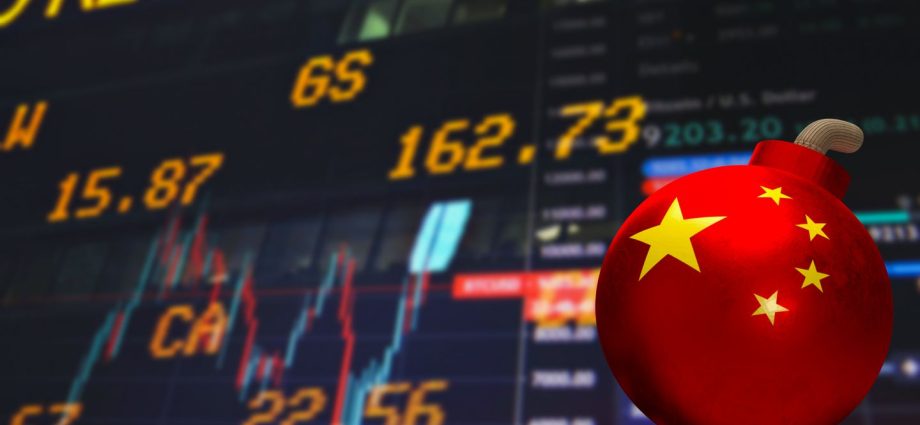The South Asian country intends to raise approximately $200 million from Chinese investors through Panda bonds
Muhammad Aurangzeb says the move is part of a strategy to achieve sustainability in Pakistan’s balance of payments
ISLAMABAD ( WEB NEWS )
Finance Minister Muhammad Aurangzeb has said that Pakistan plans to launch yuan-denominated Panda bonds in June to enhance its presence in Chinese capital markets, Pakistani state media reported on Sunday.
The development follows an upgrade in Pakistan’s sovereign rating by all three major credit agencies. The country aims to get into the “single-B” category that would allow it to return to global bond markets to raise funds.
Aurangzeb said the South Asian country intends to raise approximately $200 million from Chinese investors through the issuance of the Panda bonds, the Radio Pakistan broadcaster reported.
“This step is part of a broader strategy to transition Pakistan’s economy toward export-driven growth, with a focus on achieving sustainability in the country’s balance of payments,” he was quoted as telling Hong Kong’s TVB news channel.
The South Asian country is navigating a challenging economic recovery path and has been buttressed by a $7 billion facility from the International Monetary Fund (IMF) in September. The government is optimistic it will meet the terms of the program.
Pakistan is being advised on the issuance of Panda bonds by the China International Capital Corporation, a partially state-owned financial services company, according to the finance minister. However, the latest figure is lower than the $300 million targeted by Pakistan last year.
Aurangzeb extended an invitation to Hong Kong to send delegations to explore trade and financial opportunities in Pakistan, according to the Radio Pakistan report.
“Hong Kong could serve as a strategic hub for joint ventures between Chinese and Pakistani companies,” he said.
To revive its $350 billion economy, Pakistan has been making efforts to position itself as a regional trade and transit hub by leveraging its strategic geopolitical position.
The South Asian country has witnessed a flurry of visits, investment talks and economic activity involving officials from Saudi Arabia, United Arab Emirates, China and Central Asian nations in recent months.

